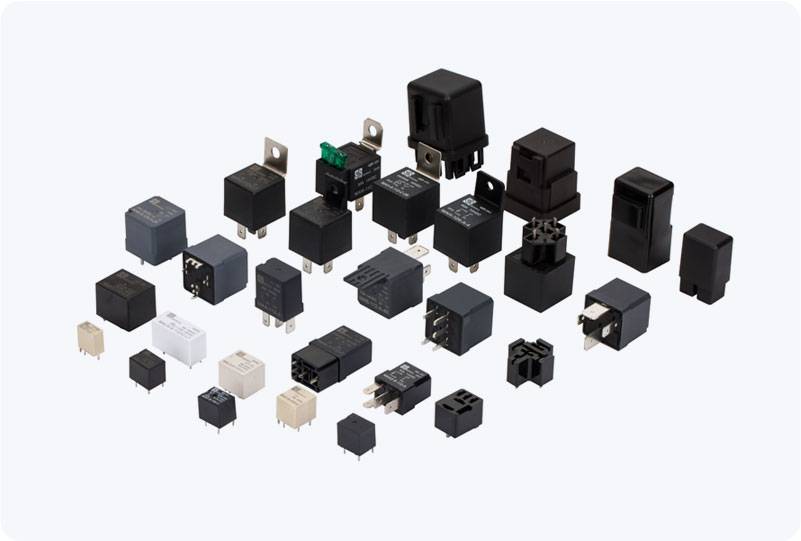The automotive industry has seen significant advancements in technology, with vehicles becoming increasingly reliant on electronic systems for improved performance, safety, and convenience. As the complexity of these systems grows, ensuring their safety becomes paramount. One critical component in ensuring the reliability and safety of automotive systems is the automotive relay. More specifically, relays that are compliant with the IEC 61508 standard have become a vital consideration for the design of safety-critical automotive systems.

What is IEC 61508? IEC 61508 is an international standard for functional safety that applies to electrical, electronic, and programmable electronic systems. This standard is designed to ensure that systems are safe and that the risks of system failures are minimized, especially when those systems are involved in critical safety functions. The standard provides a framework for the entire lifecycle of safety-related systems, including design, implementation, operation, and decommissioning. In automotive applications, compliance with IEC 61508 is particularly relevant for components that perform safety-related functions, such as automotive relays. These relays are responsible for controlling the flow of electricity to various components in a vehicle, such as airbags, brakes, and engine control units (ECUs). For a relay to be IEC 61508 compliant, it must be designed to meet rigorous safety and reliability requirements.